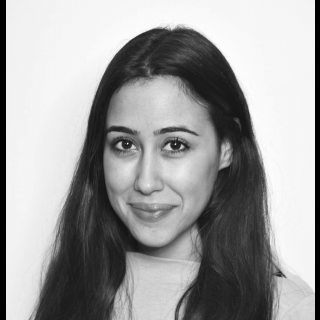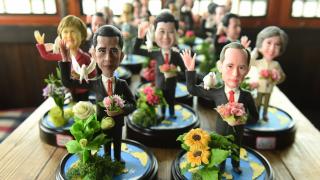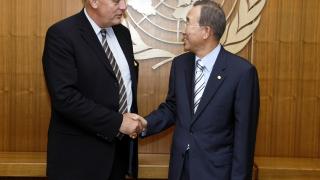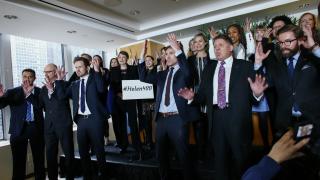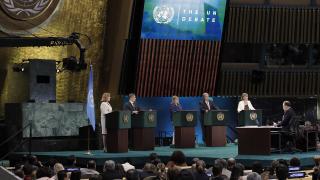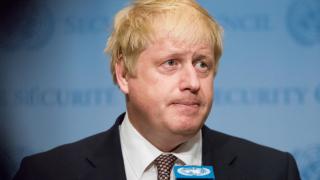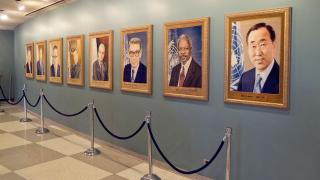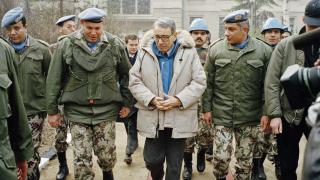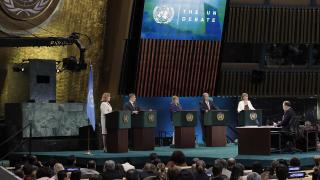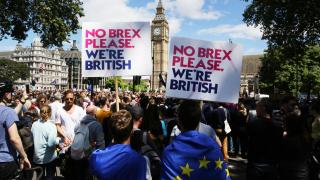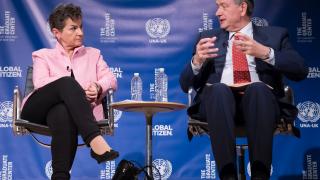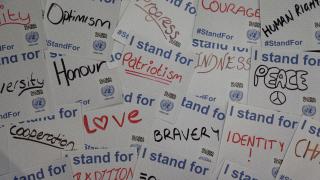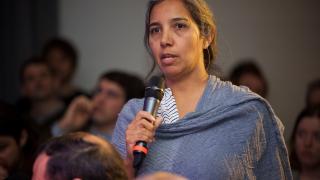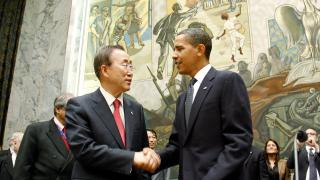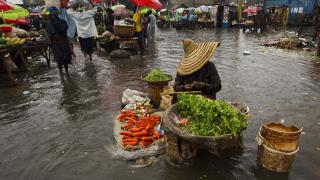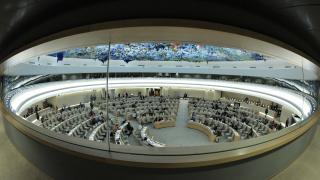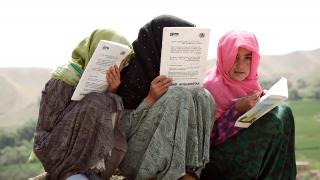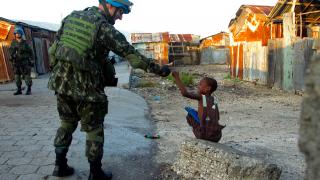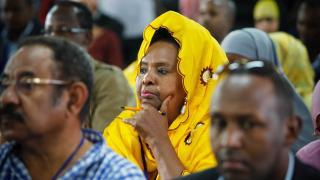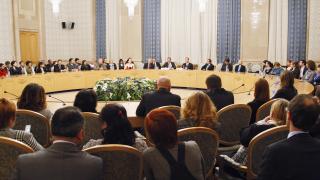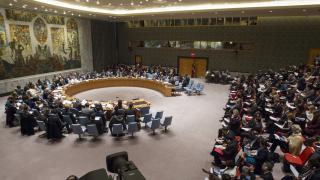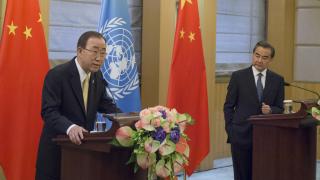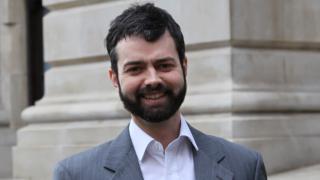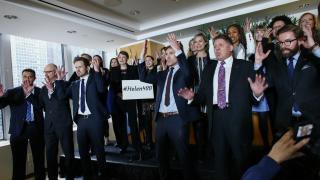
When the process to choose Kofi Annan’s successor as UN Secretary-General began in 2006, Twitter had not yet been launched and Facebook was still in its infancy. The opportunity to engage directly and personally with people in every continent simply did not exist in the way it does today.
Ten years later, Ban Ki‑moon’s successor is being chosen in a radically different communications environment. And although the selection will ultimately be made by the Security Council – particularly the five permanent members (P5) who have dominated the process for 70 years – the arrival of social media has brought public campaigning into this characteristically private process.
The UN itself has sought to inject more transparency this time round, for example, through webcasting General Assembly Q&A sessions with candidates and through July’s ground‑breaking global townhall debate. Broadcast live by Al Jazeera, the debate saw 10 candidates answering questions. It was a chance for each to showcase their vision for the UN and for the watching audience to hear their opinions on serious challenges such as the refugee crisis and the civil war in Syria.
But even before this occasion, candidates had taken advantage of the opportunities that digital communications provide to set out their stall in a way that has not been seen before.
Serbia’s candidate, Vuk Jeremic, for instance, has used social media to publicise a policy platform outlining his response to global challenges. The former New Zealand prime minister, Helen Clark, has coupled the traditional lobbying of senior figures such as President Xi of China and President Hollande of France – both P5 countries – with an online push using the #Helen4SG hashtag to get her messages across and raise her public profile.
It is an approach that has been adopted by many of the candidates. From sharing their personal experiences to making the case that it is time for a woman to take on this role, they have used social media to showcase what they could bring to what has been dubbed “the world’s most impossible job”.
We should welcome this wider engagement with the public as it helps maintain and strengthen public support – not only for the candidates themselves, but also for the UN. An organisation that advocates equal rights, gender equality and transparent democratic elections should practice what it preaches. The more that the public feels they have a say in who fills this post, the better for the credibility of the UN.
In the end, of course, the decision will be made by national governments behind closed doors. It is still the case that no candidate can be appointed against the wishes of any of the P5, who all have a veto. Although the process has become more transparent, the system remains much as before. So is this new openness and greater public engagement merely window‑dressing to hide business as usual?
I don’t believe this is the case. There is clearly a long way to go before the UN can be said to have aligned its processes with its values. But the public campaigning and greater openness of the new selection process have made it harder for unqualified ‘friends’ of the P5 to advance in the leadership race.
Nor do countries act in a vacuum. They are concerned with how their own publics view their decisions. Increasingly, because of the importance of soft power, they take into account how their actions are viewed by the global public, too.
So while the effectiveness of candidates’ campaigns and their ability to win public support may not prove to be too important this time, it is likely to have an increasing impact in future Secretary‑General appointments. We are at the beginning of a process which is good for the UN and for all who share its ambitions for our world.
Photo: Helen Clark and staff at the Permanent Mission of New Zealand to the UN sing a traditional song for luck at the launch of her Secretary-General campaign © KENA BETANCUR/AFP/ Getty Images

